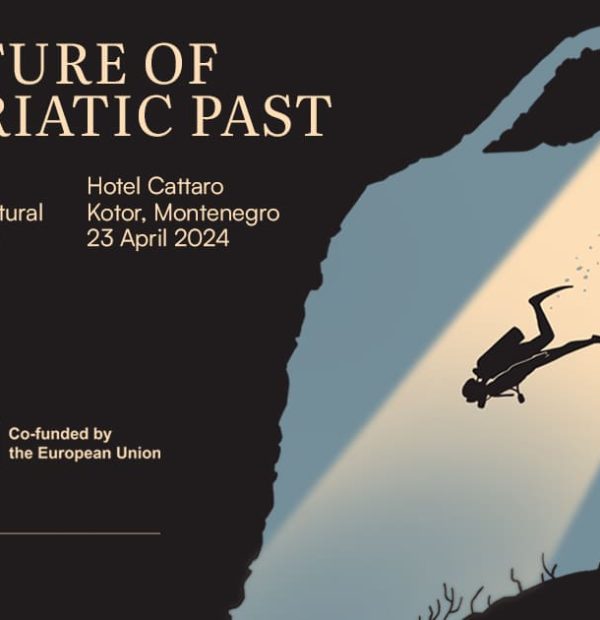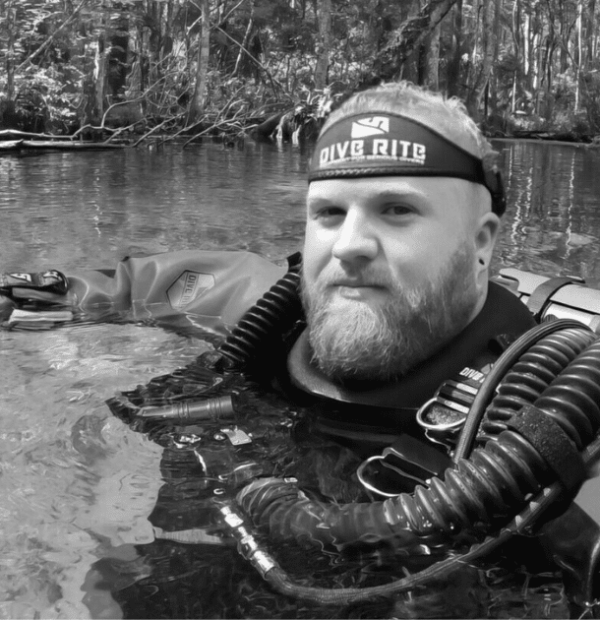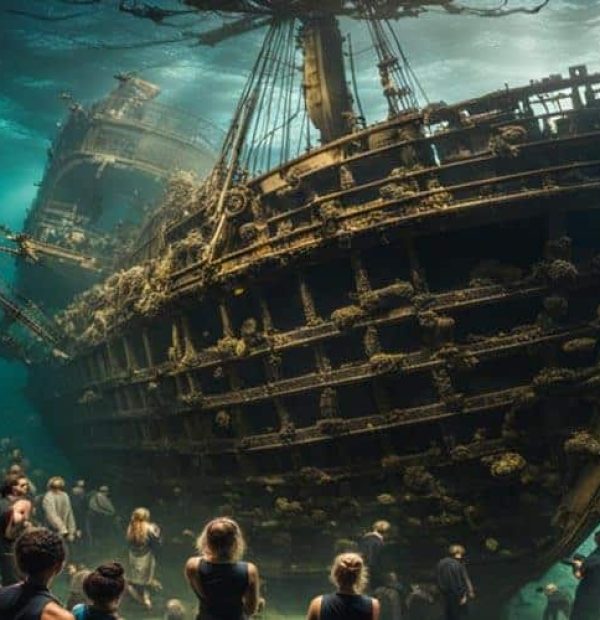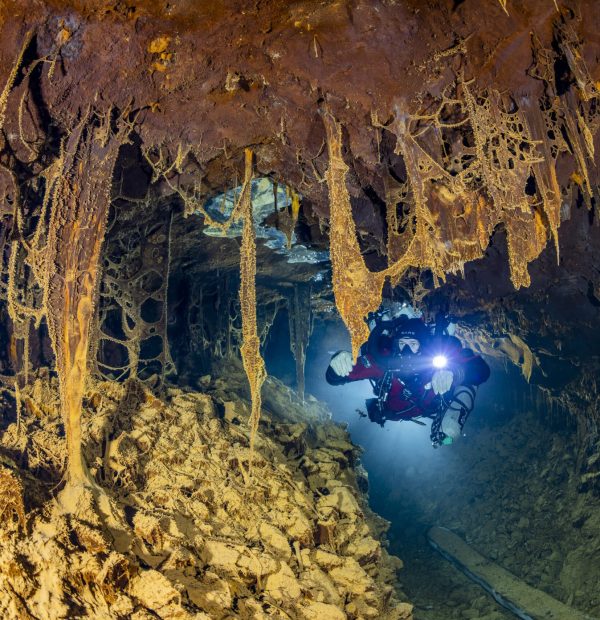Wednesday, 15 May 2024
Menu

At the end of last week the media from Europe – including Poland – started reporting on the discovery of the “Baltic Atlantis”. The name has been given to a Stone Age settlement in the coastal waters of southern Sweden, which has been researched by archaeologists for… seven years. While the discovery is an archaeological sensation, and subsequent findings bring more and more answers about the habitat, it is worth pointing out that the subject is not as new as subsequent headlines might suggest.
Researchers from Lund University, working on the site over the following years, discovered the very well-preserved remains of a settlement, seasonally inhabited by people during the Mesolithic – or Middle Stone Age – period.
Among the many interesting artefacts was an axe made from elk antler, which was estimated to be around 9,000 years old!
“We want to recreate a picture of the area so we can better understand how it all worked. What conditions were in the area and how the environment and climate has changed over the years.” – said Anton Hansson, a PhD student in Quaternary geology at Lund University.
Thanks to the changing water levels, a great many artifacts from Hanöbukten Bay have been preserved in sensational condition. Of course, for their age. The boreholes made it possible to check the age of the objects by radiocarbon dating. A bathymetric map was also made, showing the variations in depth.
“This site was very well known, but now we have the technology to study it in more detail. Previously we could only study single, scattered finds, today we can do it more comprehensively.” – Anton Hansson explained.
According to scientists at Lund University, by studying sites such as those described above, it will be easier for us to know the path that humans have taken in disappearing from the African continent. Many of such human habitats are under water today, as sea levels are now higher. However, as can be observed, humans have always preferred to stick to the coast.
Source: phys.org










Welcome to DIVERS24.COM, your daily source of scuba news, freediving, scuba diving information, and equipment reviews. Our comprehensive coverage of the dive industry from A to Z provides you with all the latest scuba news, training updates, underwater photography tips, and everything else related to scuba diving. Whether you’re a beginner or an experienced diver looking for more knowledge about scuba gear or techniques – we’ve got it covered! With our in-depth articles written by experienced divers who have been there and done that, you are sure to find exactly what you need here at Divers24.com. Dive into scuba news today!
Underwater Media Sp. z o.o.
Szafarnia 11/F8,
80-755 Gdansk, Poland
Welcome to DIVERS24.COM, your daily source of scuba news, freediving, and scuba diving information. Sign in for a weekly news update and discount coupons for dive gear and apparel.
@2023 - underwatermedia.pl. All Right Reserved. Designed and Developed by Tworzenie stron internetowych Gdansk

The Divers24 portal is currently the largest online medium treating diving in Poland. Since 2010 we have been providing interesting and important information from Poland and around the world on all forms of diving and related activities.
Contact us: info@divers24.com